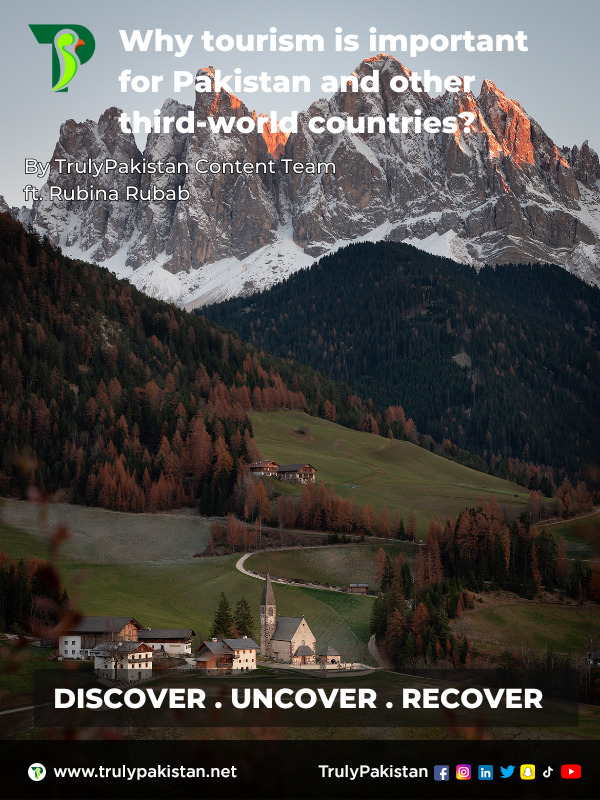Economic Growth and Job Creation: Tourism serves as a significant contributor to the economy of third-world nations. It generates income through various sectors, including hospitality, transportation, food services, and local crafts. This income infusion has the potential to reduce poverty and unemployment rates significantly, thus improving the overall standard of living.
Foreign Exchange Earnings: Tourism brings in foreign currency, which can strengthen a country’s foreign exchange reserves. This additional income can be used to pay off external debts, invest in infrastructure, and import essential goods and services.
Infrastructure Development: The presence of a thriving tourism industry often leads to the development of infrastructure, such as roads, airports, hotels, and restaurants. This infrastructure benefits not only tourists but also local residents, making daily life more convenient and accessible.
Cultural Exchange and Understanding: Tourism promotes cultural exchange, fostering a deeper understanding of different cultures and traditions. This exchange can break down stereotypes, reduce prejudices, and create an atmosphere of tolerance and global harmony. It enables people from diverse backgrounds to learn from one another and appreciate the beauty of diversity.
Preservation of Cultural Heritage: Tourism often leads to the preservation and restoration of historical and cultural sites. These sites are not only sources of pride but also attractions for tourists, encouraging their conservation and maintenance.
Promotion of Local Arts and Crafts: Tourists often seek out local crafts and products, providing opportunities for local artisans and small businesses to flourish. This not only supports traditional craftsmanship but also empowers local communities economically.
Environmental Conservation: Sustainable tourism practices can promote environmental conservation. By encouraging responsible travel and eco-friendly accommodations, countries can protect their natural resources and ecosystems while benefiting economically.
Diversification of the Economy: Relying solely on one industry can make a country vulnerable to economic downturns. Tourism provides an opportunity for economic diversification, reducing dependence on a single sector.
Improved Infrastructure and Services: As tourism flourishes, countries often invest in better infrastructure, healthcare, and educational services to cater to the needs of both tourists and residents.
Global Reputation and Soft Power: A thriving tourism industry can enhance a country’s global reputation and soft power. Positive experiences by tourists can lead to word-of-mouth recommendations and encourage others to visit, invest, or collaborate with the country.
In summary, tourism is a multi-faceted industry that brings numerous economic, cultural, and social benefits to third-world countries like Pakistan. When managed sustainably and responsibly, it has the potential to be a catalyst for positive change, contributing to economic growth, cultural exchange, and the overall well-being of the nation.

